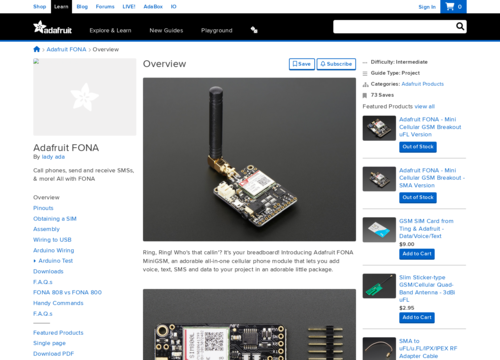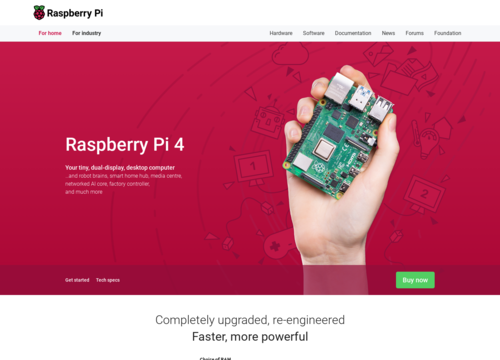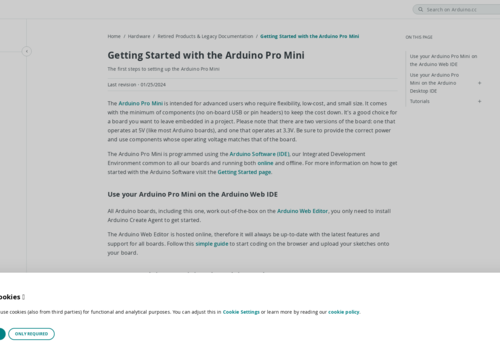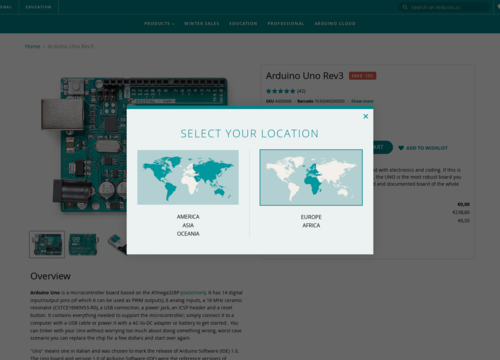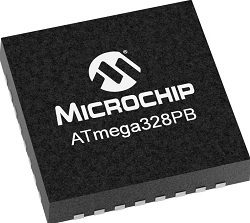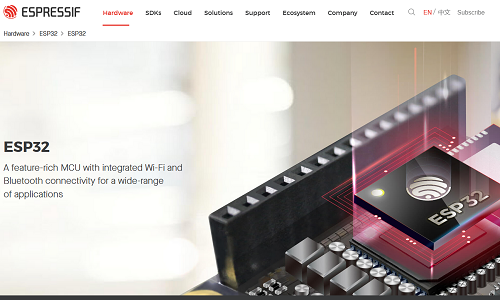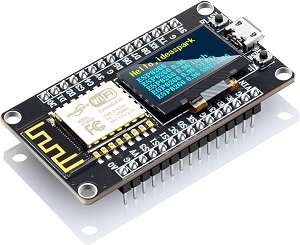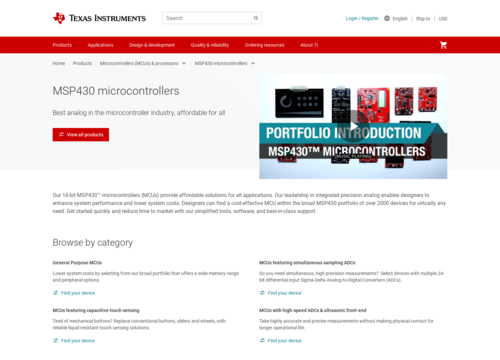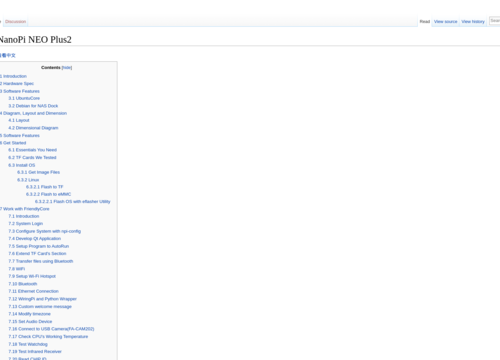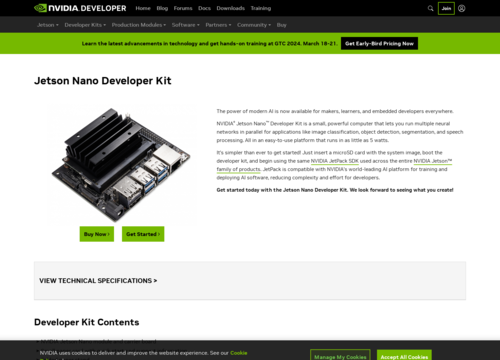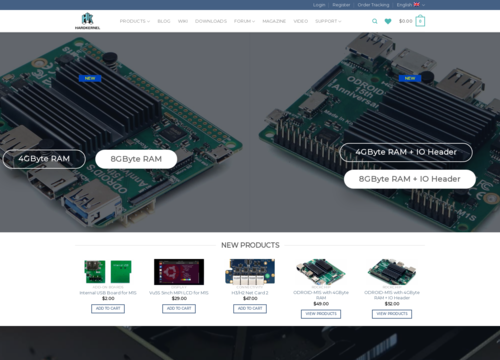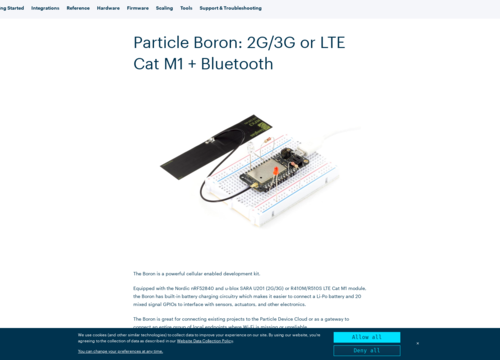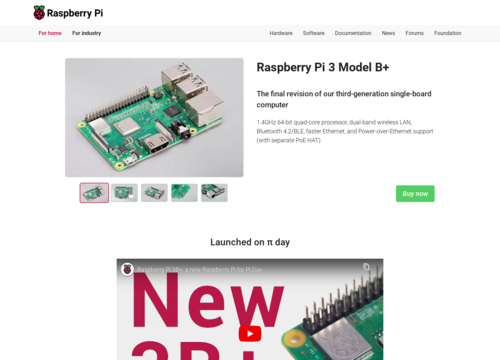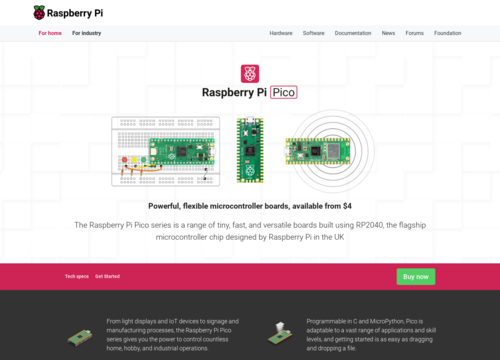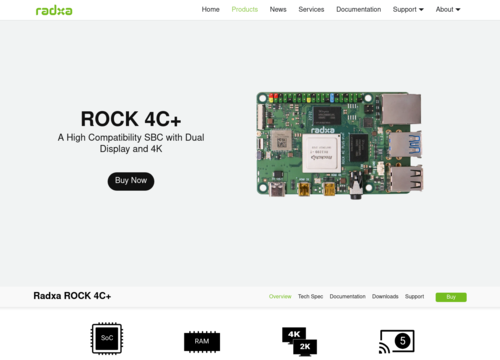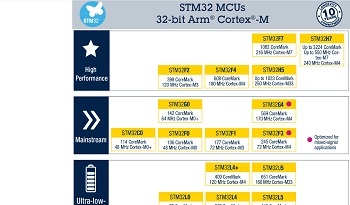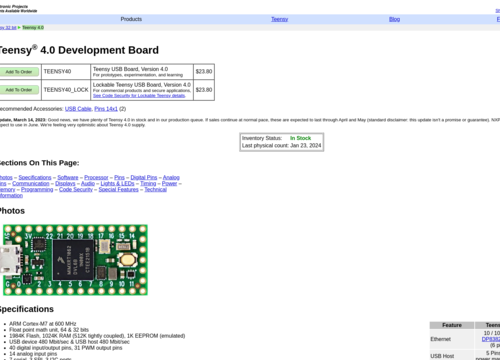PIC32
The PIC32 is a family of microcontrollers developed by Microchip Technology that features a 32-bit MIPS microcontroller architecture. This family is distinct from Microchip's earlier PIC microcontrollers, which are based on 8-bit and 16-bit architectures.
32-bit MIPS Architecture
The PIC32 uses the MIPS architecture, which is known for its high performance and efficiency in embedded systems. The MIPS (Microprocessor without Interlocked Pipeline Stages) is a reduced instruction set computing (RISC) architecture that simplifies the processor design and enables higher speeds.
Performance
Compared with their 8-bit and 16-bit predecessors, PIC32 microcontrollers generally perform better. They can operate at clock speeds up to several hundred MHz, providing significant computational power suitable for demanding applications.
Memory and Storage
These microcontrollers use a range of memory options, including both flash memory (for program storage) and RAM (for data storage). The memory size can vary significantly across different models, catering to various application needs.
Peripherals and IO
PIC32 microcontrollers are equipped with a wide range of peripherals. These interfaces include digital and analog IOs; timers; serial communication interfaces such as UART, SPI, and I2C; USB support; and, in some models, Ethernet and CAN for networking. Advanced models may also include graphic display controllers and audio interfaces.
Programming and Development
Programming of PIC32 can be performed using MPLAB X IDE, Microchip’s integrated development environment. It supports C and assembly programming. The microcontrollers can be programmed via In-Circuit Serial Programming (ICSP) or with a debugger/programmer such as Microchip's PICkit or ICD.
Applications
Due to their performance and peripheral set, PIC32 microcontrollers are suitable for a wide range of applications. They are commonly used in complex embedded systems, such as multimedia applications, advanced communication systems, IoT devices, and control systems requiring significant processing power.
Power efficiency
Despite their high performance, PIC32 microcontrollers are designed with power efficiency in mind. They have various power-saving modes, making them suitable for battery-powered or energy-sensitive applications.
Community and Support
As with other Microchip products, PIC32 has good support and community backing. This includes extensive documentation, development tools, and a community of developers for troubleshooting and knowledge sharing.
Scalability and variety
The PIC32 family includes a wide range of microcontrollers with varying capabilities, which makes it easier for designers to find a chip that closely matches their specific requirements. Whether it is a simple low-power application or a complex one requiring more computational power and peripherals, there is likely a PIC32 variant that fits the bill. This scalability is a significant advantage in product development, allowing easier upgrades or modifications to the product line.
Integrated Analog Features
Many PIC32 models include integrated analog features such as analog-to-digital converters (ADCs), digital-to-analog converters (DACs), and comparators. This integration reduces the need for external components, simplifies the design and reduces the overall system cost.
DSP Capabilities
Several models in the PIC32 series have DSP (digital signal processing) capabilities. These are particularly useful in applications requiring audio processing, sensor data analysis, or other signal processing tasks. The DSP functionality can be a significant advantage in applications such as audio processing, industrial control systems, and IoT devices where real-time signal processing is crucial.
Debugging and Diagnostics
PIC32 microcontrollers support advanced debugging features. This includes real-time debugging, breakpoints, watch variables, etc.etc. These features are extremely valuable during development and troubleshooting, as they allow developers to understand the behavior of their program in real time and identify issues more efficiently.
RTOS Support
The PIC32 is compatible with various real-time operating systems (RTOSs), which are essential for managing complex software operations in real-time applications. This compatibility is particularly important for applications that require multitasking or have strict timing requirements, such as in industrial automation or complex IoT devices.
Long-Term Availability and Support
Microchips, as major players in the microcontroller market, generally ensure long-term availability and support for their product lines, including the PIC32. This commitment is crucial for industrial and commercial applications where products might be in service for many years, requiring ongoing support and availability of components.
Community and Ecosystem
The PIC32, like other Microchip products, benefits from a robust ecosystem. This includes not only hardware and development tools but also a vast array of software libraries, example projects, and a community of users and experts. This ecosystem can significantly reduce development time and help in resolving technical challenges.
The Microchip PIC32 series is a versatile and powerful range of microcontrollers suitable for a wide range of applications. Its combination of MIPS-based 32-bit architecture, comprehensive set of peripherals, and support for advanced features such as DSP and RTOS compatibility makes it a go-to choice for many high-performance embedded system applications.





















